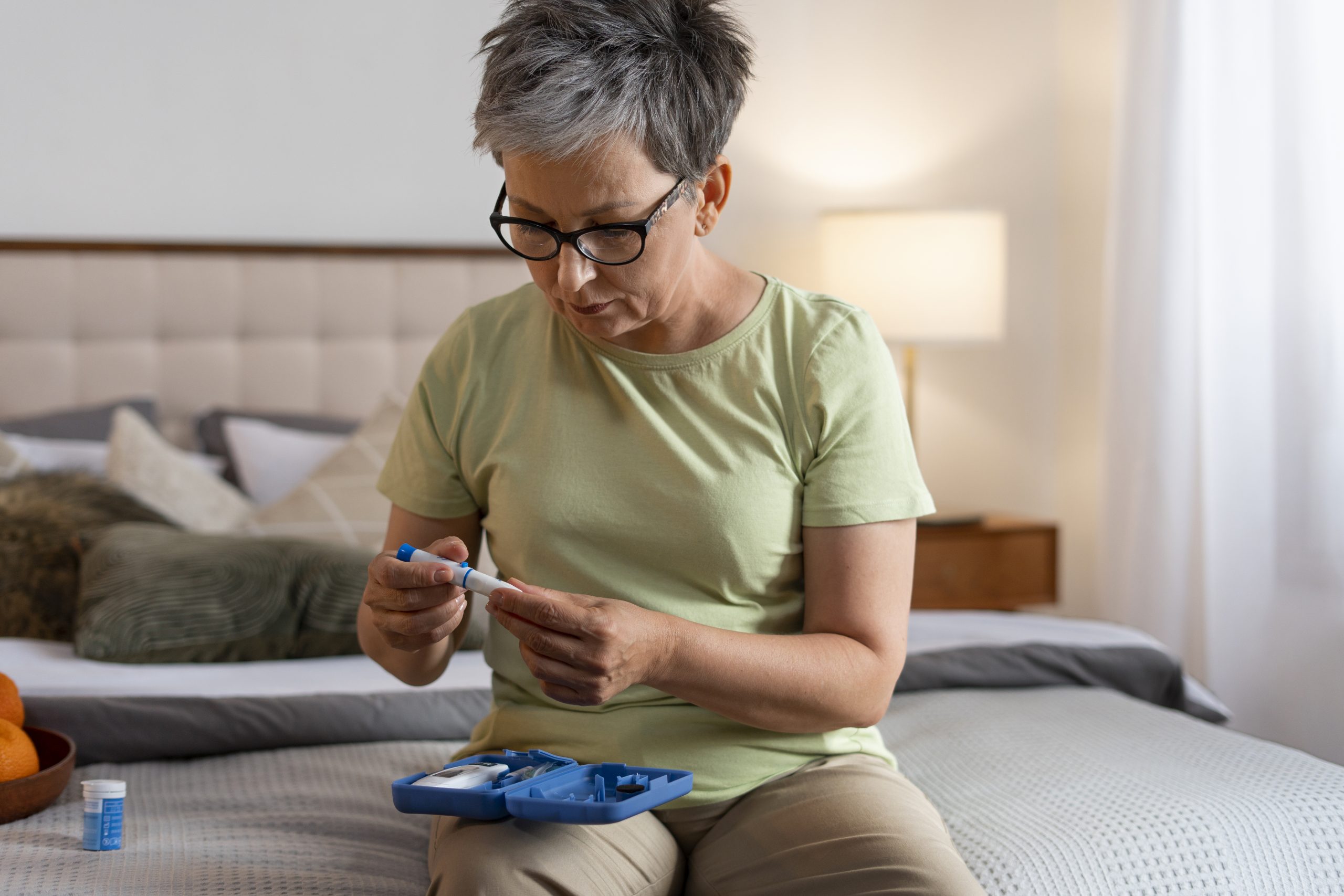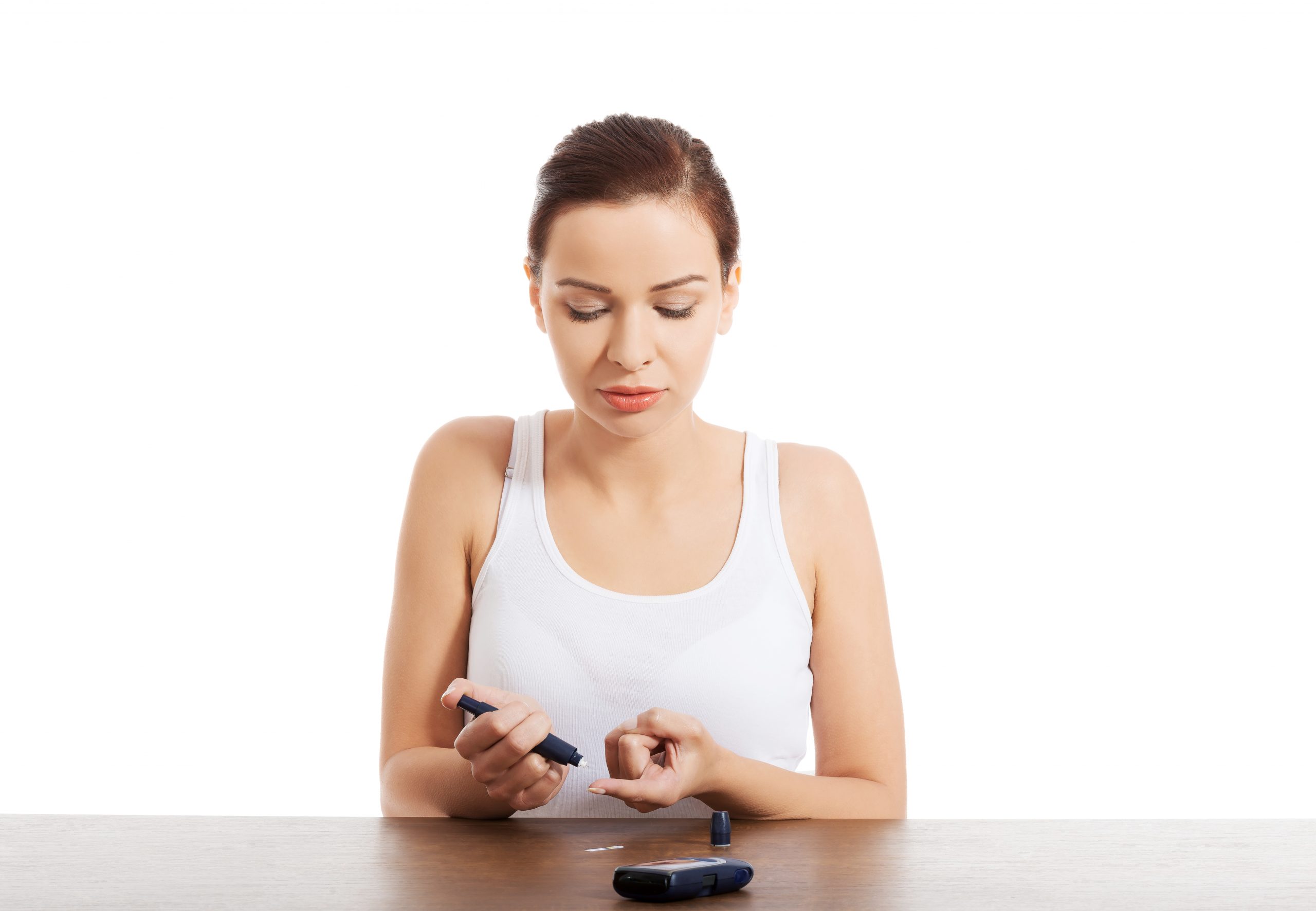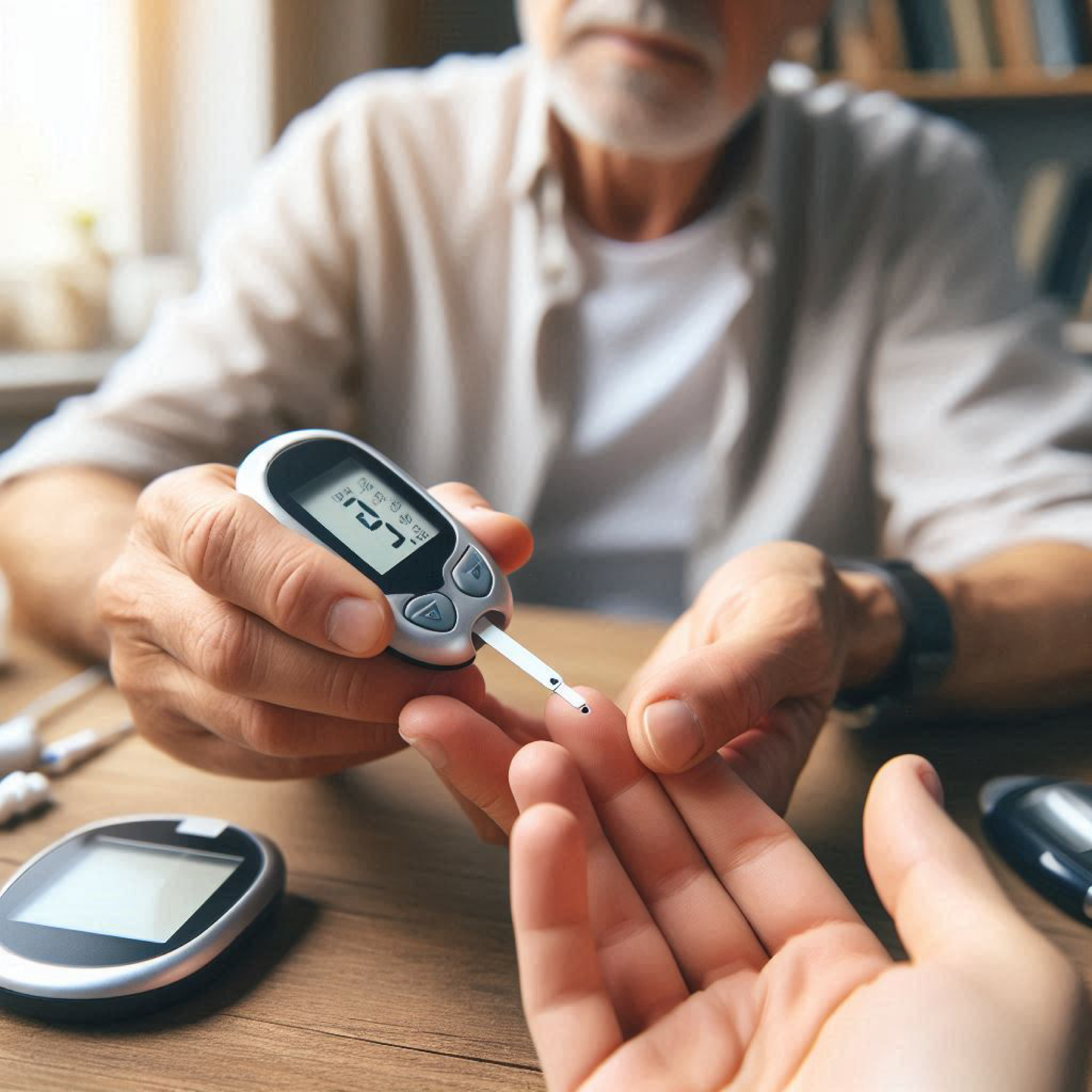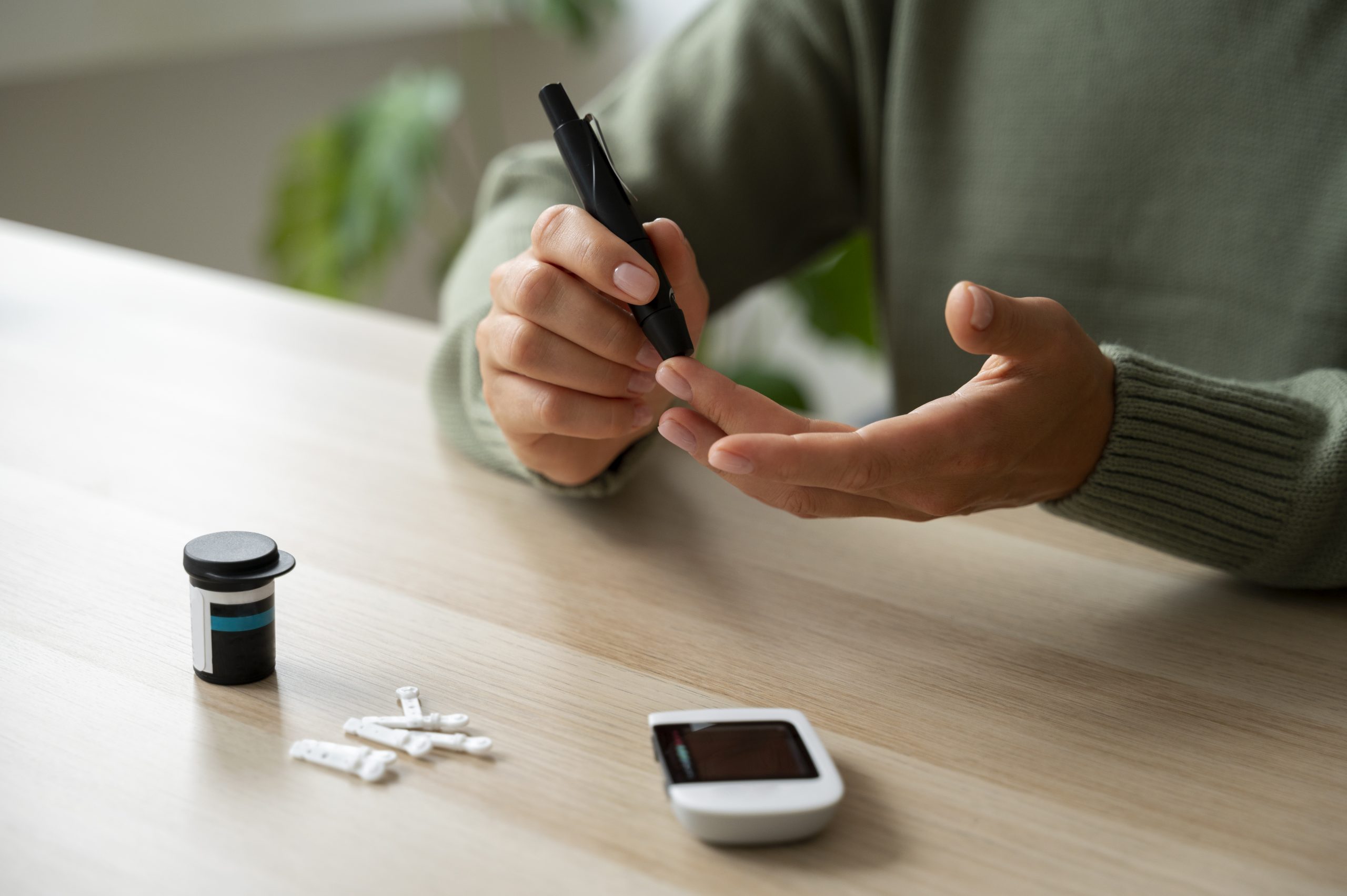Does diabetes make you tired?
If you are living with diabetes and constantly feeling tired and wondering, “Why is diabetes making me feel so tired?” you are not alone. Tiredness and fatigue are the most frustrating and common symptoms of diabetes. It can feel like you’re dragging yourself everywhere, even when you’ve had a good night’s sleep.
The good news? You can help manage your fatigue and regain your energy by understanding the underlying causes of it. In this guide, we will help you understand why diabetes causes fatigue, how it is related to blood sugar levels, common causes, and the best supplements for diabetics to provide additional support.
Can diabetes cause fatigue?
Tiredness associated with diabetes is a real concern, and here are some possible causes.
- High and low blood sugar levels
When your blood sugar level is too high (hyperglycemia) or too low (Hypoglycemia), your body fails to produce enough energy to give your cells the necessary energy, making you feel weak and tired.
Symptoms of hyperglycemia include increased thirst, increased urination, dry mouth, weight loss, and feeling sluggish.
Symptoms of hypoglycemia include dizziness, hunger, blurred vision, headache, and feeling shaky.
- Insulin resistance
If you have type 2 diabetes, your body will not respond to insulin. Even though there is glucose in your blood, your body cells can’t use it to make energy. That’s why you feel tired all the time.
- Other health conditions
Other health conditions related to diabetes, such as infection, cardiovascular disease, and kidney failure, can cause fatigue.
- Medication side effects
Long-term use of medications for diabetes can result in muscle weakness and tiredness as side effects. It is important to consult with your healthcare provider if you have any concerns about the side effects before taking any medications.
Other possible causes of fatigue in diabetes
- Anemia (low iron)
- Vitamin deficiencies, such as vitamin B12.
- Stress and anxiety
- Thyroid disorders
- Poor sleep (Insomnia)
- Dehydration
How do I know if diabetes is making me tired?
You’ll see signs that will help you determine if your tiredness is related to diabetes or other factors. It’s time to see your doctor if you:
- Feel tired even after a good sleep
- Feel shaky or dizzy before meals
- Notice more thirst than usual
- Get exhausted after a minor activity
- Your tiredness worsens after eating meals.
How to fight diabetes fatigue?
Living with diabetes is like fighting a daily battle, but you are not alone, and there is hope. If you are worried, “How to manage diabetes fatigue?” let us clear the air for you with this simple and practical plan so you feel like yourself again.
- Manage your blood sugar level.
- Eat a balanced, low-calorie diet that includes proteins, healthy fats, and carbohydrates.
- Take low-sugar fruits and avoid sugary drinks
- Check your sugar level and see how it responds.
- Follow your doctor’s treatment plan.
- Exercise regularly
Moving your body, doing yoga, and even taking short walks can boost your energy.
- Manage your sleep and stress.
- Go to bed as scheduled and limit screen time.
- Try deep breathing or meditation to manage stress.
- Consider nutritional support
Even a complete diet can leave nutritional gaps. The right diabetic supplements can help fill these gaps and provide daily nutritional support to make you feel energized throughout the day. Therefore, if you are looking for the best supplements for diabetics, consider the Duncan Daily’s 30-day Diabetes support plan.
With the right nutritional support and treatment plans, you can be in control again.
Summary
Diabetes can cause fatigue and tiredness due to imbalanced blood sugar levels, dehydration, poor sleep, inflammation, and medication side effects. But you can fight back and take back control by managing your sugar levels, regular exercise, and choosing the right supplements for diabetes. You deserve to live your life your way, even with diabetes. Take control now and take additional nutritional support with Duncan Daily’s diabetes support packs.




